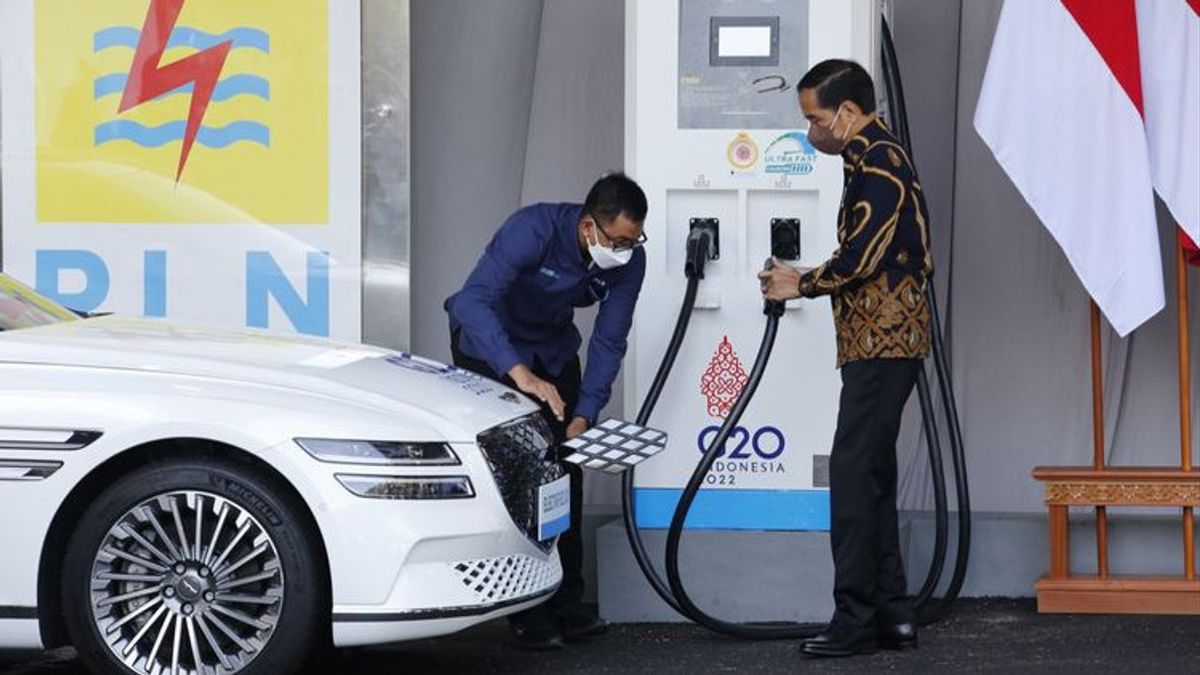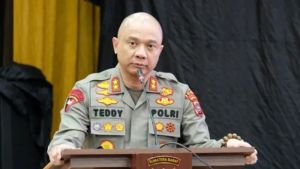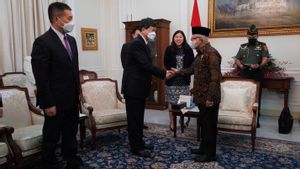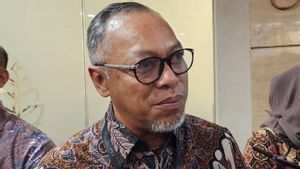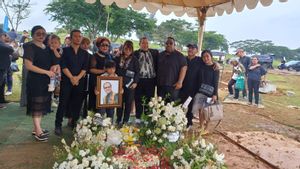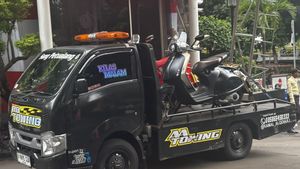JAKARTA - Indonesia has signed a cooperation contract in the field of electric vehicle/EV development or vehicle battery technology with six associations from four countries in ASEAN, Tuesday, May 9.
In the ASEAN Battery and Electric Vehicle Technology Conference (ABEVTC) held in Nusa Dua, Bali, the memorandum of agreement was signed by four countries other than Indonesia, namely Singapore, Malaysia, Thailand and the Philippines.
"This memorandum of understanding is to conduct joint research on EV battery technology in Indonesia, we hope to cooperate with other researchers in the ASEAN region, support the battery industry in their respective countries," said NCSTT Director Leonardo Gunawan, met in Bali, Tuesday, May 9, quoted by Antara.
The six associations are the Singapore Battery Consortium (SBC), Thailand Energy Storage Technology Association (TESTA), NanoMalaysia Berhad, and the Electric Vehicle Association of the Philippines (EVAP), and two institutions in Indonesia, namely the National Center for Sustainable Transportation Technology (NCSTT) and the National Battery Research Institute (NBRI).
Leonardo said the memorandum of understanding aims to open up opportunities for research and development collaboration in the field of EV battery technology and promote the battery ecosystem in ASEAN, towards a more integrated and sustainable transportation system.
In addition, Leonardo said this collaboration aims to advance battery technology, including safety and standardization.
"With this, we hope to create the same standards in the ASEAN area so that the battery can be exchanged, it can be used for similar vehicles, so that each EV automotive industry does not make its own version of the battery, now if it can be uniformed it will be more integrated," said Leonardo.
SEE ALSO:
Furthermore, he said that until now, there has been no standardization that has uniformed batteries in electric vehicles in the ASEAN region, even globally. This, according to him, has an impact on the level of confidence of potential electric vehicle consumers.
"It should be global that it leads to a uniform EV battery standard, industry will need standardization so that consumers will calmly buy their products because there is a guarantee that the components needed can definitely be supported by other suppliers," said Leonardo.
On the same occasion, NCSTT Partnership Manager, Bamang Arief Budiman said, the collaboration of various ASEAN countries also aims to further finalize EV battery technology.
"The EV battery technology has not been completed, it is not ripe, because the energy density is still low, we are competing to make the energy density high, at least equivalent to an internal combustion engine and if we can charge it quickly, it will not take hours," he said.
The meeting on ASEAN's first EV battery technology, which was held until Thursday, May 11, is expected to be able to create new opportunities, innovative ideas, and exchange of knowledge among professionals, academics, and policymakers from ASEAN countries.
Meanwhile in Indonesia, the incubation of research and research on batteries will be carried out at the Bandung Institute of Technology (ITB) campus.
The English, Chinese, Japanese, Arabic, and French versions are automatically generated by the AI. So there may still be inaccuracies in translating, please always see Indonesian as our main language. (system supported by DigitalSiber.id)
